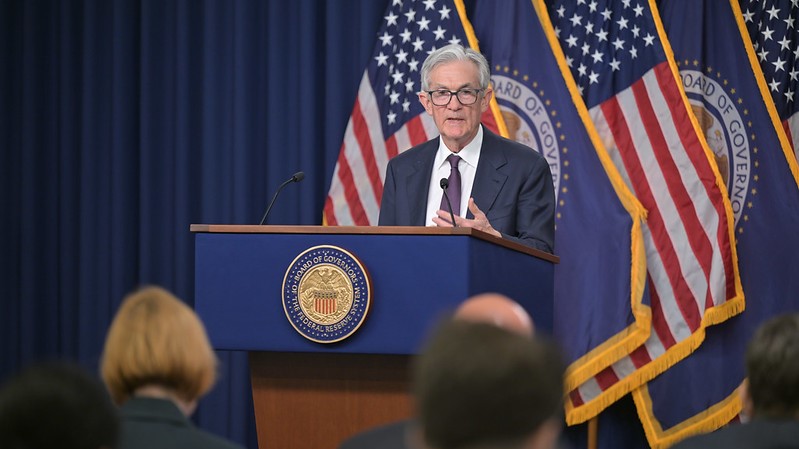Fed Holds Rates Steady Amid Rising Tariff-Induced Economic Risks

NEW YORK — The Federal Reserve announced on Wednesday that it will maintain its benchmark interest rate at 4.25% to 4.5%, marking the third consecutive meeting without a change. This decision comes amid escalating concerns over the economic impact of President Donald Trump's aggressive tariff policies, which have introduced significant uncertainty into the U.S. economic outlook.
In its statement, the Federal Open Market Committee (FOMC) acknowledged that while economic activity has continued to expand at a solid pace and labor market conditions remain strong, the risks of higher inflation and increased unemployment have risen. The Fed emphasized the need to assess the economic implications of new trade levies before making further policy adjustments.
Fed Chair Jerome Powell highlighted the challenges posed by the current trade environment, stating that the scope and persistence of the effects of tariffs are "very, very uncertain." He noted that sustained tariffs could lead to a rise in inflation, a slowdown in economic growth, and an increase in unemployment.
President Trump has been vocal in his criticism of the Fed's cautious approach, urging for rate cuts to stimulate the economy. Following the Fed's announcement, Trump took to social media to express his dissatisfaction, calling Powell a "fool" and asserting that inflation was virtually nonexistent. Despite his criticism, Trump has indicated that he does not intend to remove Powell before his term ends in 2026.
The Fed's decision reflects a delicate balancing act between supporting economic growth and controlling inflation. The central bank faces the potential risk of stagflation—a scenario characterized by stagnant economic growth and high inflation—if tariffs continue to exert upward pressure on prices while dampening economic activity.
Market reactions to the Fed's announcement were mixed. While stock indices experienced brief dips, they later recovered, with the Dow Jones Industrial Average closing up nearly 285 points. However, analysts caution that unresolved trade tensions and delayed policy responses could further unsettle markets and push the economy toward recession.
As the Fed adopts wait-and-see approach to the tariff regime, it remains to be seen how the ever shifting trade policies will impact the broader economy. The central bank has reiterated a data driven strategy and commitment to supporting maximum employment and returning inflation to its 2% objective, but acknowledges that achieving these goals may become increasingly challenging in the face of ongoing trade disputes.
